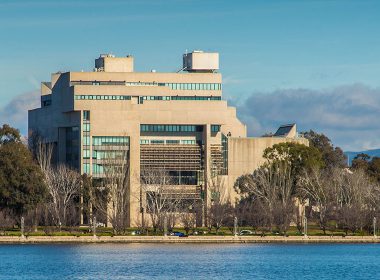Snapshot
- A third-party loan guaranteed by a private company can be deemed an unfranked dividend to the borrower under division 7A of the Income Tax Assessment Act 1936 unless the liability is contingent.
- Division 7A can deem a third-party loan an unfranked dividend if the third party defaults.
- Repayment by private company of a third-party debt can be deemed a dividend under division 7A.
Your farming clients Paul and Mary have suffered an extended drought and are unable to meet their latest bank interest payment. They have come to you for advice. Their trading entity (which owes the money) is a discretionary trust with a corporate trustee of which Paul and Mary are the shareholders and directors. Paul and Mary and their family are all potential beneficiaries of the trust.
The bank has a mortgage over the farm, partly owned by an old family company (in which Paul is the shareholder) and partly by Paul and Mary personally.
You are aware of the peril of division 7A of the Income Tax Assessment Act 1936 (‘ITAA 1936’) where third-party debts are guaranteed by companies.
When they signed the mortgage, you explained to Paul and Mary that where a company guarantees a debt owed by a shareholder or associate, unless the liability is contingent only, the amount of the loan is (subject to a few conditions) deemed to be a dividend (s 109UA).
So the bank documents, which at first imposed joint liability on both the company and the trust, were amended to make the company liable only in the event of a default by the trust.
Now there is a new problem. If Paul and Mary fail to make the interest payment, the company will become directly liable for the debt – and the deeming provision in s 109UA is likely to apply.
You advise Paul and Mary accordingly, who obtain an extension from their bank provided part of the farm will be sold to reduce the debt.
Paul and Mary duly negotiate a sale by the family company on which you act. On settlement, the bank hands over a discharge of mortgage in exchange for the debt reduction.




